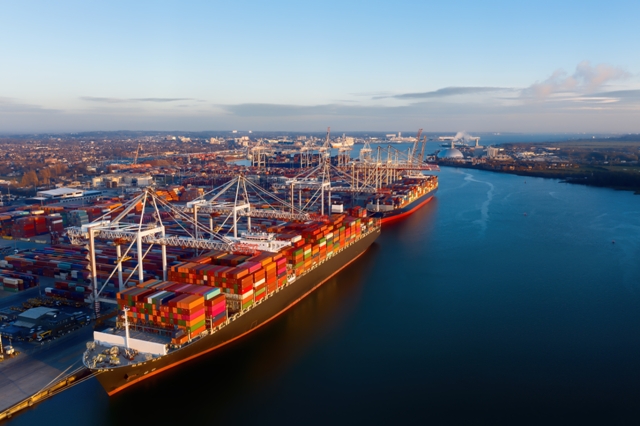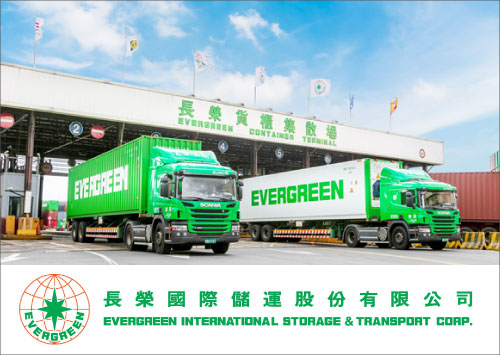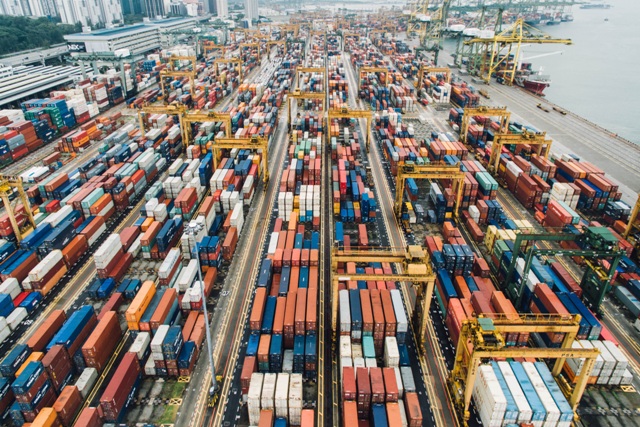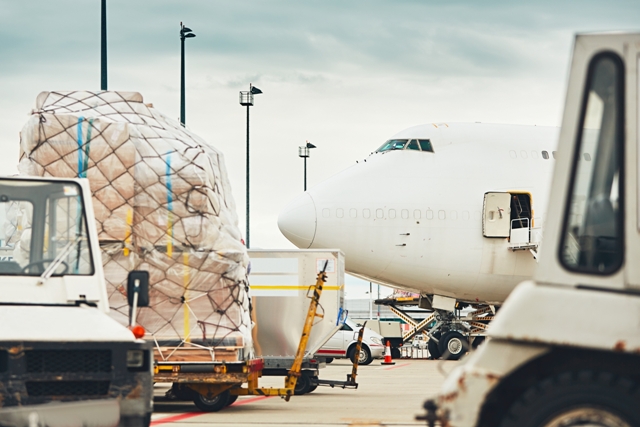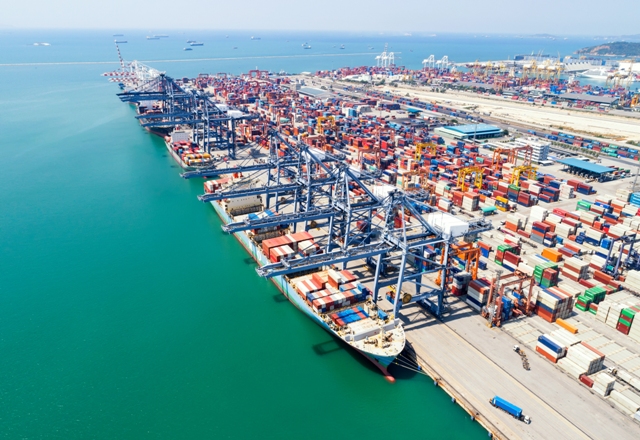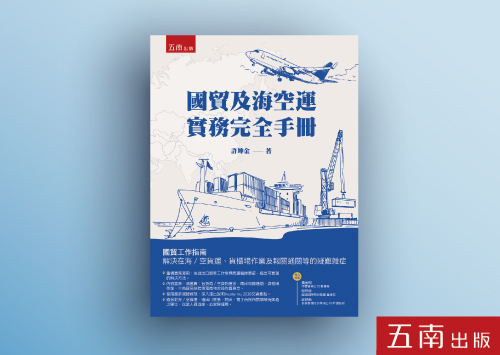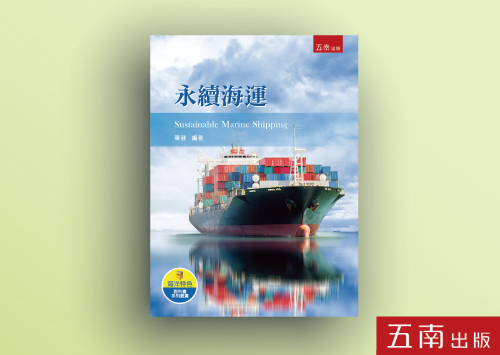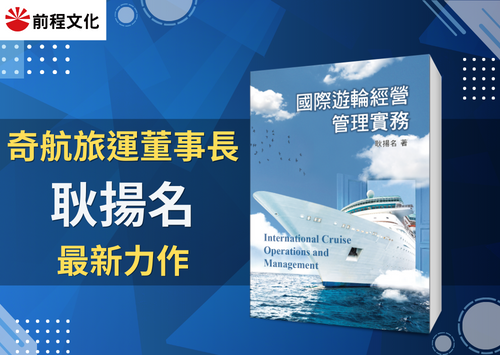Cargo-handling activities at the Port of Vancouver proceeded normally Monday since International Longshore and Warehouse Union Canada scaled back its strike threat at the Deltaport and Vanterm terminals to a refusal to work overtime at those facilities.
In a press release Sunday, ILWU Canada President Robert Ashton said the union remains confident that a “fair deal” will be reached in contract negotiations that have been underway since February 2018.
Ashton said concerns over automation in the terminal operating industry, and the impact automation will have on longshore jobs, is a major issue in negotiations to replace the eight-year contract covering the ports of Vancouver and Prince Rupert. The previous contract expired in March 2018. Spokespersons for ILWU Canada, British Maritime Employers Association (BCMEA), Global Container Terminals Canada and the Port of Vancouver were not immediately available on Monday.
ILWU Canada last week gave BCMEA a 72-hour strike notice that picketing was planned at the two largest container terminals in Vancouver — Deltaport and Vanterm, which are operated by Global Container Terminals Canada. The strike notice did not involve the Centerm and Fraser Surrey Docks terminals operated by DP World.
Any interference in cargo handling would be devastating for a port that is operating at 85 percent of capacity, and the impact would be felt on intermodal rail services throughout Canada and to Chicago and the Midwest. Vancouver and Prince Rupert offer intermodal service throughout Canada and also to Chicago and beyond.
Canada’s largest container port struggled with excessive container dwell times in recent months due to high cargo volumes and winter weather which interfered with intermodal services to inland rail hubs. However, according to rail metrics posted on the port’s website, container dwell times on Friday were mostly less than three days. The average dwell times at all Vancouver terminals in April were two days. That was down from 5.6 days in February and 4.3 days in March.
Other than citing automation, ILWU Canada and BCMEA have declined to discuss any other issues that have caused contract negotiations to drag on for 14 months. Automation and semi-automation of cargo handling, and the potential loss of jobs, has been a rallying cry for the ILWU on the US West Coast and the International Longshoremen’s Association on the East Coast in recent years.
Two terminals in Southern California are fully-automated, including driverless yard tractors. Several terminals on the East Coast are semi-automated, which means that cargo-handling lifting operations in the yard are automated, but yard tractors used in ground transportation are driven by longshoremen. Employers say that in high-volume, land-constrained ports, increasing density through automation is needed to accommodate growing cargo volumes. Longshore unions say automation at a marine terminal can decrease jobs by 40-70 percent.
(沛華集團提供)

